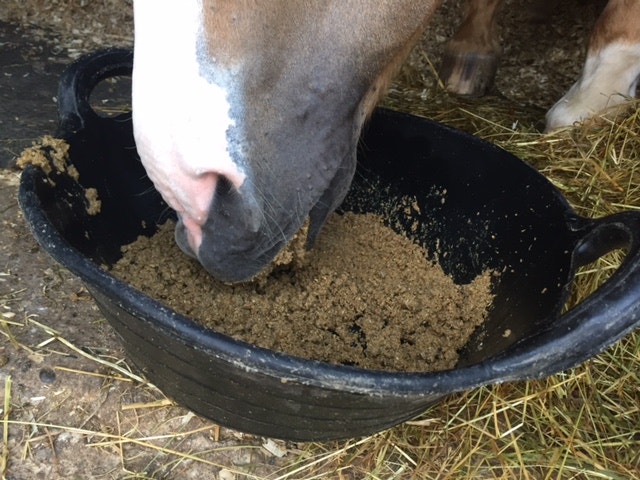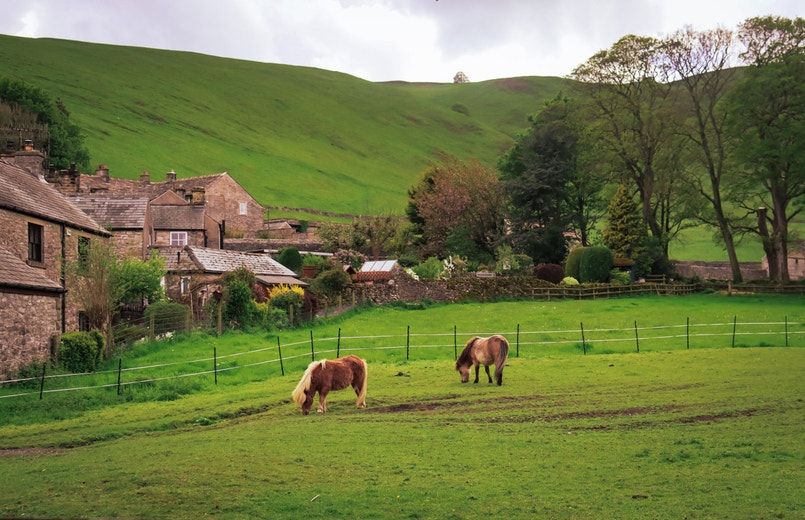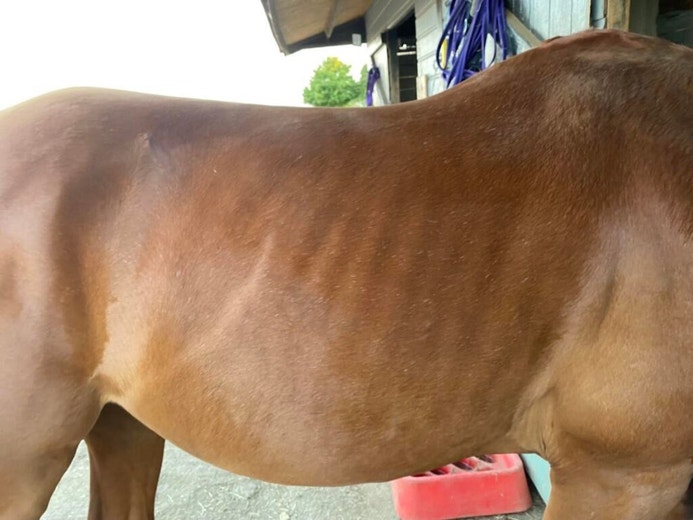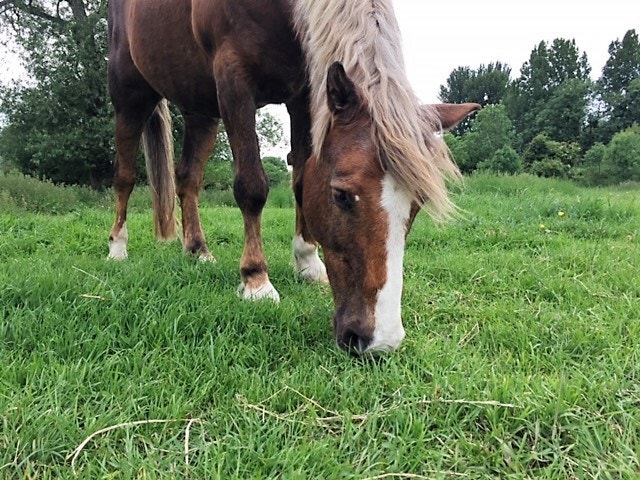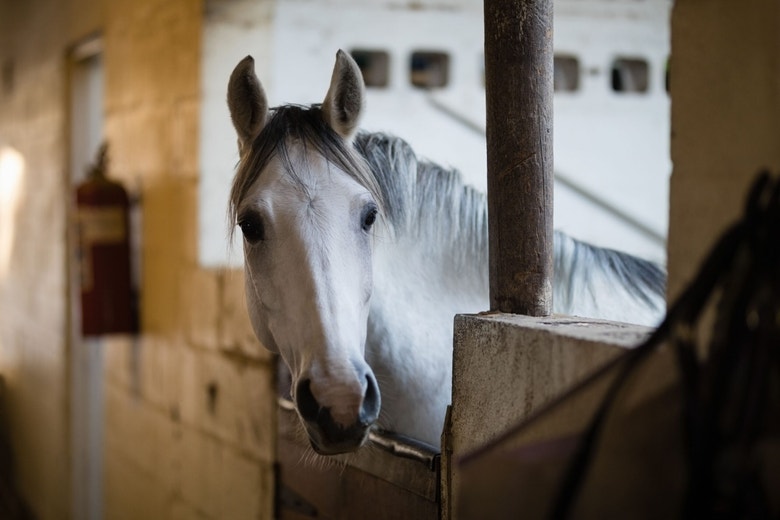Preparing your horse for the competition season: A holistic approach to fitness and nutrition
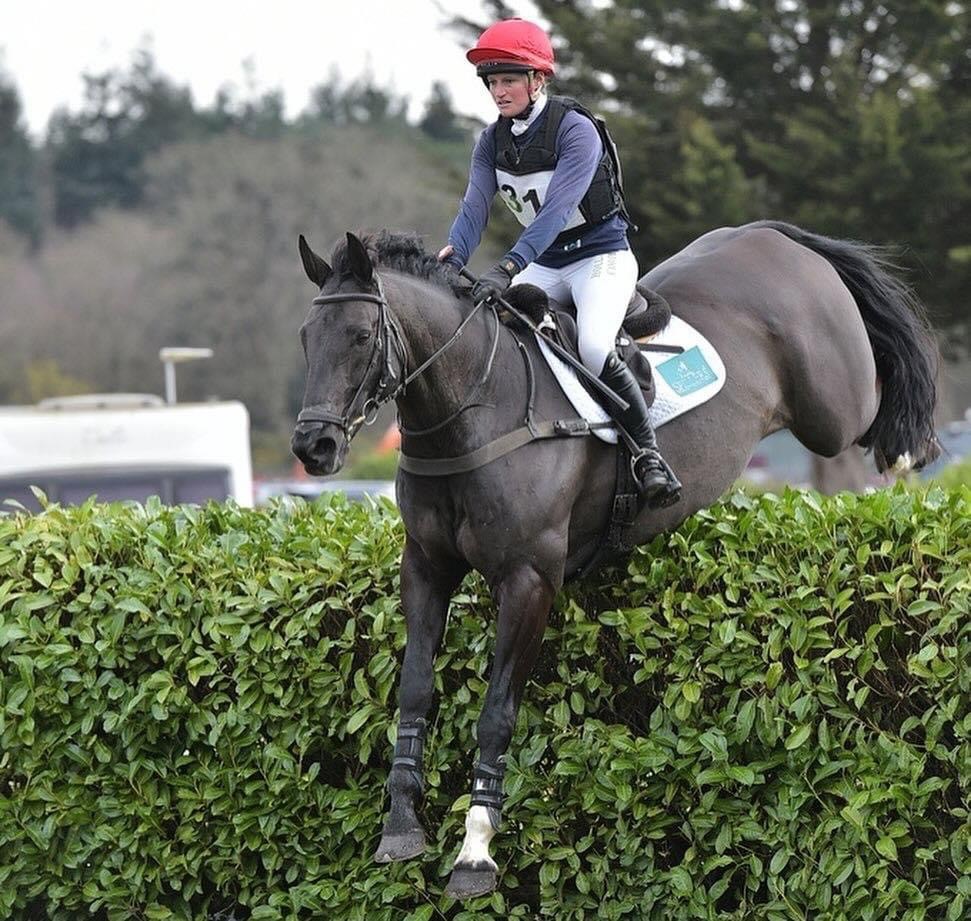
Whether you're a seasoned competitor or gearing up for your first unaffiliated show, ensuring your horse is in peak condition is paramount for success. One crucial aspect of this preparation is optimising both their fitness and nutrition. To delve deeper into this topic, we caught up with Rosie Fry, an accomplished 4-star Event rider, and asked SPILLERS Nutritionist, Sarah Nelson, to share some of her top tips. Let's explore their insights and recommendations to help you and your horse embark on a successful competition season.
Rosie Fry's Approach to Fitness:
Most of my horses have a good break after the season has finished, normally between 6-8 weeks out in the field depending on each horse. Following this, they return to training at which time they get new shoes, dental check-ups and physiotherapy sessions, provided by our exceptional team member, Meg, from Polgreen Physiotherapy. A key part of their training regime will be a month of hacking out around the roads to incrementally rebuild their strength and fitness. We utilise the natural terrain around us, with a focus on hill work to enhance their endurance. Some of our younger horses will also have a few days out drag hunting as part of their education, something which I am a huge believer in and find invaluable in terms of their development.
As the horses start to get fitter, I will start to introduce some gentle schooling, alongside pole work. I take regular trips to my mentor and trainer, Emma Fisher, to establish a specific plan for each horse during the winter months. The utilisation of a water treadmill has been an integral part of the horses' routine for the last 5 years, which most of them genuinely love.
As fitness levels increase and they have had a few jumps at home, the horses are taken to Chard Equestrian, a local establishment that hosts British Showjumping events every Wednesday throughout the winter. The proximity of Chard Equestrian is beneficial for regular practice and helps me to get my eye in too as I will have spent the majority of the winter flying down to big hedges on the hunting field! The availability of all-weather gallops, courtesy of my brother Harry, a National Hunt trainer, ensures that the horses are well-exercised even in frosty or snowy conditions.
Nutrition Tips from Sarah Nelson:
Don’t underestimate the importance of forage. As well as being essential for digestive health and mental well-being, forage makes a significant contribution towards total daily energy intake. Ideally all horses should be provided with as much forage as they will eat while being mindful of excess waste.
The amount of energy (calories) in the diet should be adjusted according to the horse’s body condition, regardless of discipline. Resist the temptation to increase feed in anticipation of increased work.
Balancers are a great way of suppling vitamins, minerals and amino acids (quality protein) to horses that maintain weight well on less than the recommended amount compound feed. Good doers in light work may maintain weight easily on forage and a balancer alone!
Choosing fibre-based feeds containing low or restricted amounts of starch and sugar helps to reduce the risk of unwanted excitability and plays a key role in managing those prone to a number of clinical conditions such as gastric ulcers, colic and tying up.
Reduce cereal-based feeds on days off, as a guide by half from the evening before to the evening after.
Feed short chopped fibre (ideally containing alfalfa) prior to exercise to help prevent gastric splashing. Current advice is to feed the equivalent of 1 Stubbs scoop within 30 minutes of exercise.
Avoid sudden or frequent changes in diet, including forage wherever possible. Feeding for optimum performance and recovery begins long before the day of competition so establishing an appropriate diet beforehand is key. Remember sudden or frequent changes in diet increase the risk of colic and tying up, so resist the temptation to make changes immediately before or after an event.
Horses sweating will need some form of electrolyte replacement. In most cases, simple table salt (the same salt you put on your chips!) is an effective solution. The amount of salt you need to feed will depend on how much your horse sweats and the amount of sodium provided by their diet so speak to a nutrition advisor for specific advice.
In conclusion, preparing your horse for the competition season involves a holistic approach encompassing both fitness and nutrition. We hope Rosie's training strategies and Sarah's nutrition tips, help you to ensure your horse is primed for success. Remember though, every horse is an individual, so tailor your approach to suit their individual needs and requirements. For specific feeding advice, contact one our friendly nutrition advisors on the SPILLERS Care-Line, especially for those prone to clinical conditions such as gastric ulcers, colic, tying up and laminitis.

